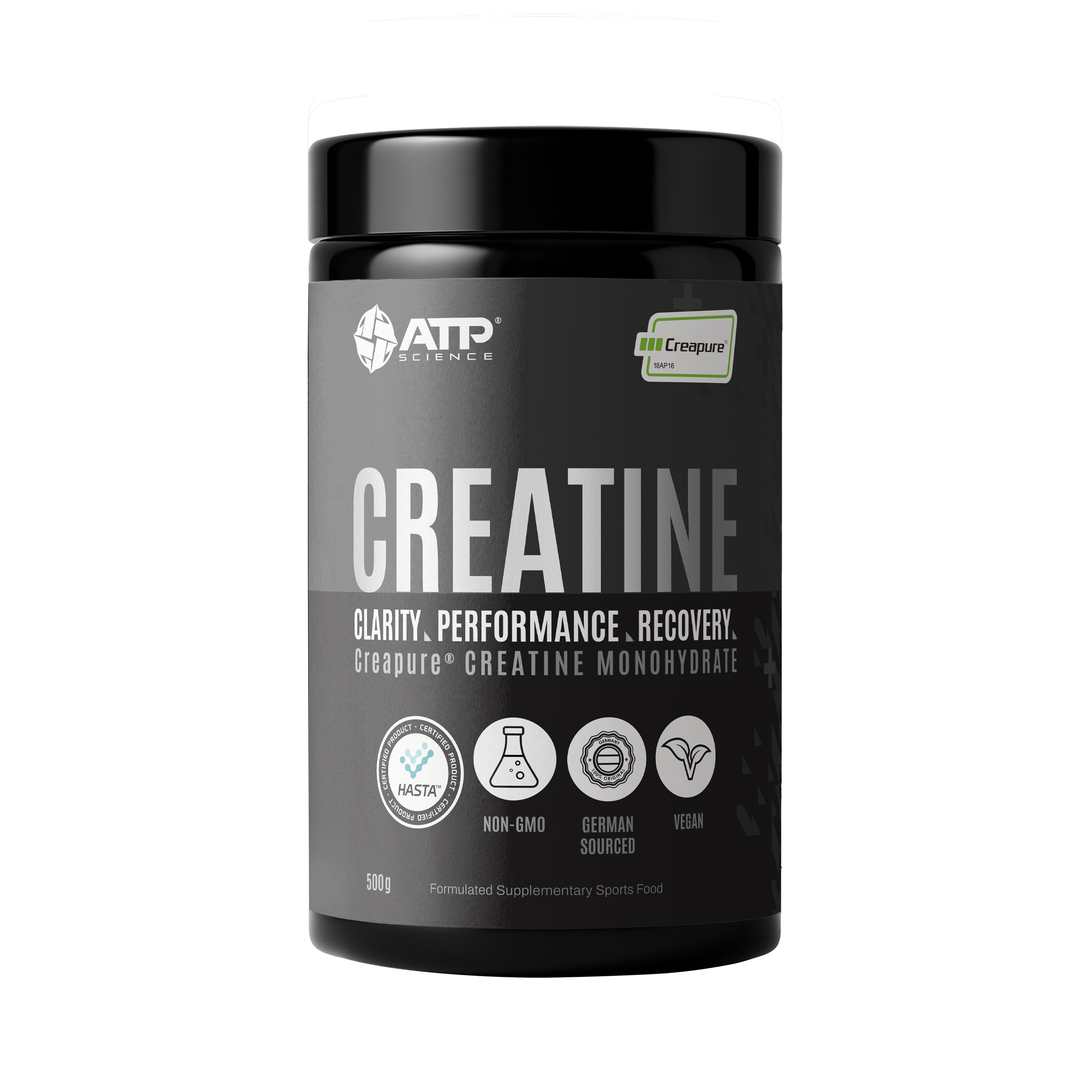Modbiotic ™ Food List
Whenever or wherever possible follow these top 5 rules:- Eat local
- Eat in-season
- Organic/ free-range / biodynamic
- Sit down to eat (do not eat on the run) process the food you are chewing.
- Eat the peels, pips, skins, pulp, seeds, and fiber.
| Food Group | Eat | Avoid |
| Seafood, Meats and Eggs | Anchovies, all fish and seafood, all real meat, bacon, beef, canned fish, all eggs, chicken, ham, lamb, meats, pork, pork rinds, poultry, shellfish, gluten-free sausages, Sashimi | Hotdogs, reconstituted and reclaimed meats, luncheon meats, sausages |
| Vegetables | Artichokes (globe or French), asparagus, Acorn Squash, beetroot, black Radish, bok choy, broccoli, brussels sprouts, Butternut Squash, cabbage, carrots, cauliflower, celery, celeriac, chard, chestnut, collard greens, cucumbers, eggplant, jalapenos, kale, kimchee, leek, lettuce, mushrooms, onions, peas, capsicum, dill pickles, pumpkin, rhubarb, spinach, squash, string beans, swede, water chestnut, watercress, zucchini | Artichokes (Jerusalem), bean sprouts, bitter melon, corn, parsnips, potatoes, sweet potatoes, tapioca, taro, turnips, yams, Yucca Root, Bitter Gourd, |
| Fruit | Apples, apricots, Avocado, bananas, all berries, cantaloupe, capers, custard apple, cherries, Coconut, cranberry, dates, figs, grapes, grapefruit, kiwi fruit, kumquats, lemons, limes, mangoes, melon, nectarines, olives, orange, papaya, passion fruit, peaches, pears, persimmons, pineapple, plums, prunes, raisins, tangerines, tomatoes, watermelon, | |
| Nuts and seeds | Almonds, Almond Butter, Almond Milk, Almond Oil, brazil nuts, cashews, coconut, hazelnuts, macadamia, mustard, peanuts, pecans, pine nuts, pistachios, seeds, sesame seeds, walnuts, hemp, Chestnut, watercress, | Flax seeds (linseeds) Chia (unless soaked) |
| Legumes, beans and pulses | Lentils, peanuts, split peas, Black Beans, Haricot Beans (navy beans), String beans, | Black eye beans, butter beans/lima beans, cannellini beans, chickpeas, garbanzo beans, kidney beans, millet, miso, mung beans, soy and it’s products including tofu, miso, soy sauce etc. Bean Sprouts, Faba Beans, |
| Milks, butters, cheeses and yoghurts | Almond milk and butter, asiago cheese, blue cheese, brick cheese, brie, butter, camembert, cheddar cheese, coconut milk, Colby cheese, dry curd cottage cheese, Edam cheese, ghee, gorgonzola cheese, gouda cheese, gruyere cheese, Havarti cheese, mozzarella cheese, Manchego cheese, Monterey Jack Cheese, Hollumi, parmesan cheese, Romano cheese, Roquefort cheese, Swiss cheese, homemade yoghurt - fermented more than 24 hours to remove the lactose. | Buttermilk, cream, cottage cheese, cream cheese, cream of tartar, feta cheese, ice cream, milk, ricotta cheese, sour cream, soy milk, commercial yogurts, whey, Dried Milk Solids, Kefir, Margarine, |
| Cereals, grains, bread, pasta and flours | Almond flour, baking soda, hemp | Amaranth, arrowroot, bakers powder, baker’s yeast, barley, buckwheat, bulgur, corn flour, corn starch, durum flour, flour, oats, pasta, pea flour, psyllium husks, quinoa, rice, rice bran, rice flour, rye, sago starch. spelt, sprouted grain bread, tapioca starch / flour, wheat, wheat germ, pea and Bean flour, Carob, Chestnut Flour, Corn Starch, Garfava Flour, Konjac, Millet, refined oats, |
| Drinks and beverages | Apple cider, pure apple juice with no sugar added, bourbon, club soda, real coffee, pure cranberry juice, gin, grape juice, grapefruit juice, green tea, pure orange juice, peppermint tea, pineapple juice, scotch whisky, black tea, white tea, green tea, tomato juice, vodka, dry wine, instant coffee (Without Milk or Sugar Additives) hemp protein | Apple juice with added sugar, beer, brandy, cordial, port wine, sherry, pea protein, Mead, |
| Condiments, jams and sweeteners | honey, horseradish, cilantro/coriander, peanut butter, salt, sauerkraut, wasabi, Mustard (plain), Black Pepper | Stock cubes, carob, chocolate, cocoa, corn syrup, maple syrup, margarine, soy sauce, aspartame, Agave Syrup, Agar-Agar, Dextrose, Evaporated Cane Juice, Ketchup, Molasses, |
| Culinary herbs and spices | Allspice, bay leaf, basil, cilantro/coriander, cinnamon, garlic, ginger, nutmeg, oregano, paprika, parsley, rosemary, sage, spices, tarragon, thyme, Echinacea, Garli, Peppers | Chicory root, Astragalus, Bark tea, Burdock Root, Kudzu, Licorice, Marshmellow, |
| Oils and vinegars | Almond oil, avocado oil, traditional balsamic vinegar (not balsamic condiment), coconut oil, flax seed oil, macadamia oil, olive oil, peanut oil, safflower oil, sesame oil, sunflower oil, vinegar, walnut oil, Canola oil, Corn Oil, Grapeseed Oil, safflower oil, | Balsamic Vinegar |
| Miscellaneous | Gelatin, Lecithin, Ascorbic Acid (Vitamin C, Aspartic Acid, baking Soda, Cellulose, Citric Acid, Gelatin, Glycerin, Glycerol, HN Zyme, Kimchi, l-Theanine, Lecithin, Leucine, Magnesium Citrate, Magnesium Stearate, Silica, Silicon Dioxide, Sodium Benzonate, Sulphites (dried fruits), Vegetable Stearate, | Instant soup mix, cellulose gum, chewing gum, fructooligosaccharides (FOS), guar gum, inulin, molasses, pectin, xylitol, rice malt syrup, Algae, Aloe Vera, Baking Powder, Bee Pollen, Chlorella, Chocolate, Cream of Tartar, Glucose Candy, Inulin, Inositol, Maltitol, Maltodextrin, Melatonin, MSG, |
What's the idea behind the Modbiotic Food List?
Basically eating foods that contain simple sugars and avoiding foods that contain complex sugars. The Modbiotic diet protocol is an adaptation of the original Specific Carbohydrate diet founded in 1987. This adaption includes the involvement of polyphenol-rich foods added in addition to the protocol.
Simple Sugars
Carbohydrates can be absorbed directly into the bloodstream. Simple sugars are also known as monosaccharide and include glucose (dextrose), fructose, galactose, ribose, and xylose.
Simple sugars can be absorbed quickly and easily and do not require enzymes to break down complex sugar molecules to allow them to be absorbed, this makes them easier to digest and utilize and less likely to ferment and feed intestinal organisms causing symptoms associated with digestive and behavioral disorders.

















